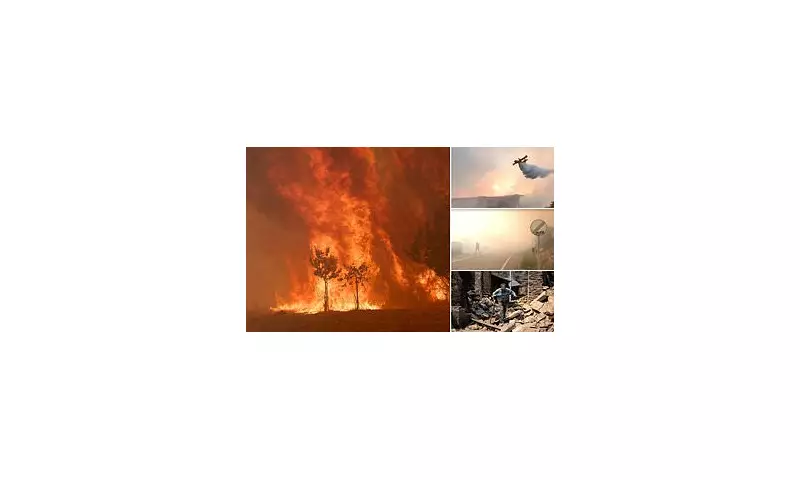
Europe's Iberian Peninsula is under siege from a series of devastating wildfires, marking the most catastrophic fire season ever recorded for Spain and Portugal. Ferocious infernos, fuelled by extreme heat and tinder-dry conditions, are ravaging forests and threatening communities, prompting a massive emergency response.
Firefighters are battling relentlessly against the blazes, which have created apocalyptic scenes across the region. The scale and intensity of the fires have surpassed all previous records, pushing national resources to their absolute limit and raising serious concerns about the long-term environmental impact.
A Crisis Fueled by Extreme Conditions
Meteorologists point to a dangerous combination of prolonged drought, record-breaking temperatures, and strong winds as the primary drivers behind this unprecedented wildfire season. These conditions have transformed vast areas of woodland into a highly flammable landscape, where a single spark can ignite a uncontrollable inferno.
Human Cost and Evacuations
The human cost of the disaster is mounting. Numerous villages and towns have been evacuated as walls of flame advance, with residents forced to flee their homes with little notice. The safety of both the public and the emergency services working on the front lines remains the utmost priority for authorities.
Fears for the Future
Experts are sounding the alarm that this may not be an isolated event, but rather a grim preview of a new normal. The link between these intense, frequent wildfires and the broader global climate crisis is becoming increasingly clear, with fears that such catastrophic blazes could become a recurring summer nightmare for southern Europe.
The ongoing disaster serves as a stark reminder of the tangible and devastating consequences of a warming planet, with immediate action and long-term strategies needed to mitigate future risks.





